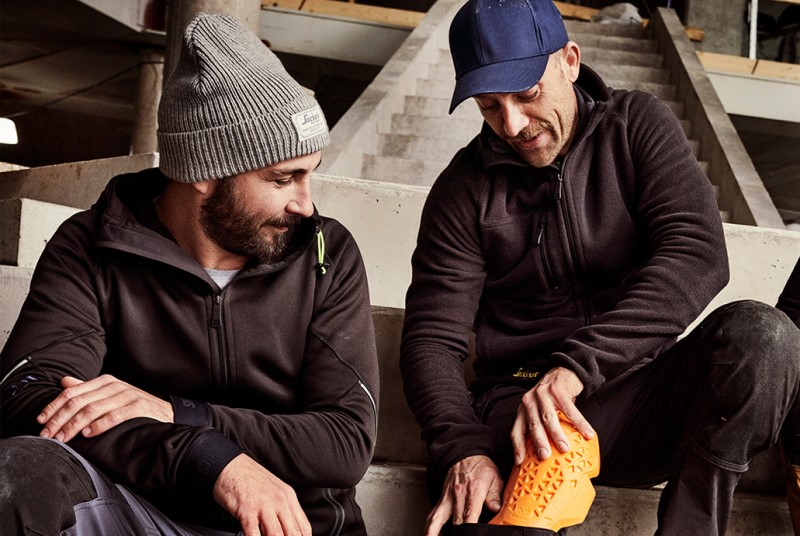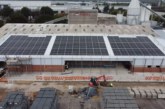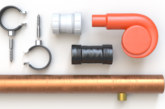
Peter Dumigan, MD of the Hultafors Group UK, explains how the manufacturer is developing sustainable alternatives to traditional workwear fabrics.
Just as the effects of plastic waste on the environment has been brought to the centre of consumer consciousness in recent years, so the problems caused by the disposal of clothing and shoes are coming to the fore.
Fabric technology has always been a central driver in the design and development of Snickers Workwear garments with materials that deliver comfort and functionality, flexibility and durability key components of every single product in the range. Now, as consumers and corporates strive to reduce their impact on the planet, the Hultafors Group is implementing a policy of replacing conventional fabrics in its workwear products with sustainable fabrics — Preferred Fibres.
For those that haven’t come across the term, Preferred Fibres are those that have more sustainable properties compared to conventional man-made alternatives. This product development and design philosophy is being applied to every new product in the collection with the additional assurance that design, comfort, functionality and durability will not be compromised in any way.
Snickers Workwear’s objective is to ensure that, by 2030, 70% of the fabrics used are Preferred Fibres — those with sustainable properties and a lower environmental footprint. As early as 2023, the company will be at 40% — a significant achievement by any measure.
Given that almost any fabric and garment can be developed with recycled polyester yarn, Snickers Workwear’s aim is to replace conventional fibres, such as polyester, with Preferred Fibres, which have full manufacturing transparency, traceability and thus reduce our climate impact and prevent waste from going into landfill.
Man-made materials, such as nylon and polyester fabrics, can easily be recycled to create new, Preferred Fibres that have the same performance levels in comfort, flexibility and durability as the originals. Take Snickers Workwear’s new Fleece Jackets and Gilets, for example, which are made from 100% recycled POLARTEC polyester which increases the breathability of the fabric and makes them very comfortable and warm.
They’re lightweight with great insulation properties and a fit that ensures mobility and flexibility on site. With designs for both men and women, these soft and versatile garments are great for both work and leisure — either as an everyday outer jacket in dry, cold weather or as an insulating mid-layer on cold and wet workdays.
Positive footprint
We’ve all seen how quickly clothing and footwear containers at waste disposal centres fill up almost as quickly as any other, which is why we all have to ensure that footwear and garments are disposed of in an environmentally responsible way.
The Hultafors Group’s latest brand addition to its market-leading PPE portfolio — EMMA Safety Footwear — has the solution. With a policy of ‘100% Circularity’ in all its products, every shoe and boot in the EMMA range is made entirely from recycled or recyclable materials to ensure a 100% ‘circular’ manufacturing, usage and recycling process for every shoe and boot it produces.
For further information on the Hultafors Group UK, go to: http://www.hultaforsgroup.co.uk/









